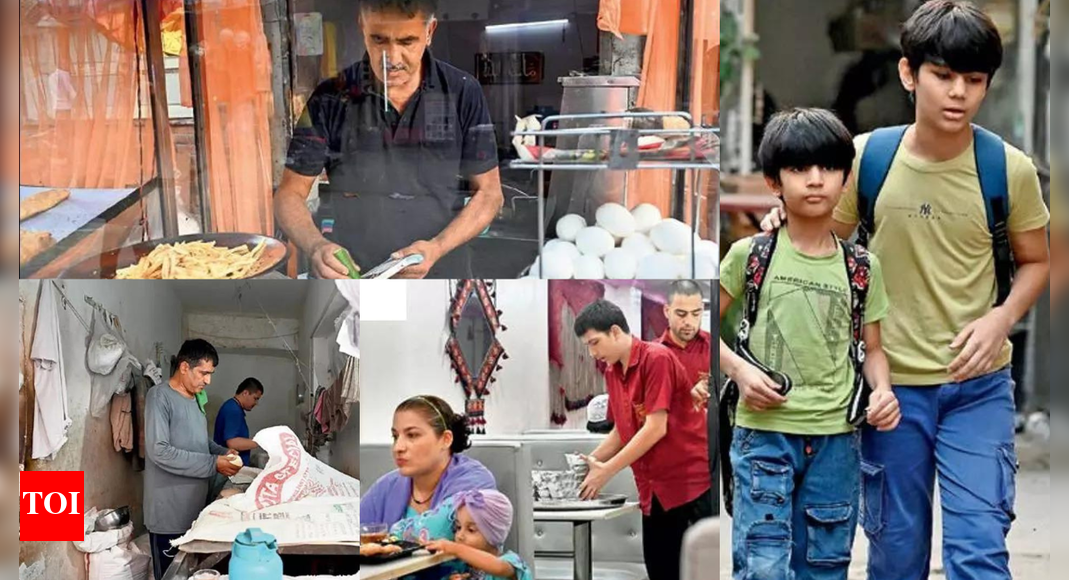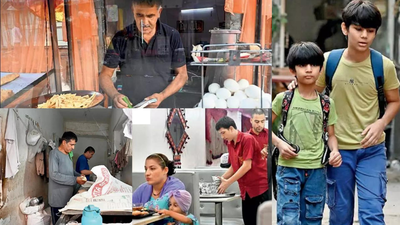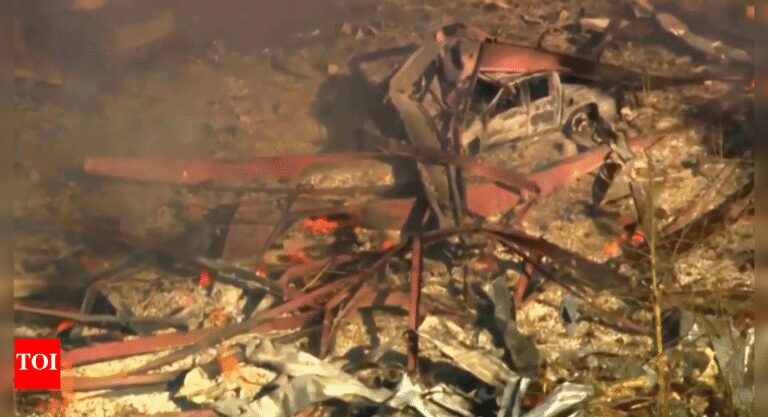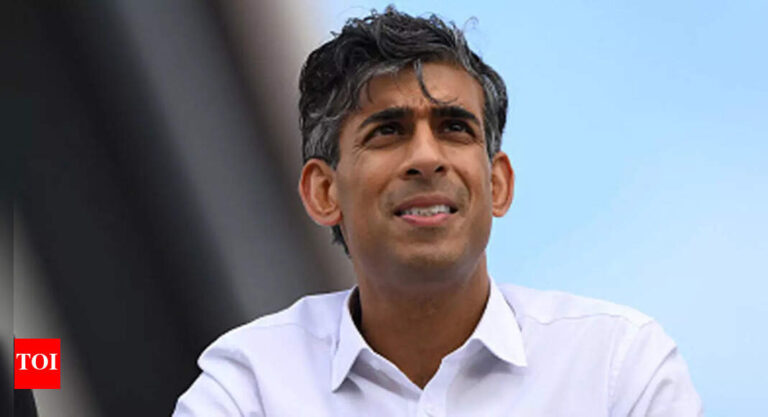
NEW DELHI: On a quiet afternoon in the neighbourhoods of Lajpat Nagar and Bhogal, Delhi’s Afghan heartland hums with everyday life. The aroma of kabuli pulao wafts from restaurants, children chase each other through narrow lanes and storekeepers haggle good-naturedly with customers.Beneath this calm rhythm, however, the Afghan community is abuzz with cautious optimism. Friday’s meeting between external affairs minister S Jaishankar and Taliban foreign minister Amir Khan Muttaqi, after which India announced it would upgrade its technical mission in Kabul to a full-fledged embassy, has stirred a sense of renewed hope. For many Afghans who have made Delhi their second home, this isn’t just another diplomatic headline. It’s a sign that their lives — and those of their families back home — might slowly inch toward stability.
“Since Covid and the Taliban’s return, getting an Indian visa has become very difficult,” says Khwaja Zamiruddin (35), while taking an order at his small Afghan restaurant in Bhogal. “We hope this meeting makes things easier.”He recalls a time when students, traders and families could move freely between Kabul and Delhi. “We came here for education and business — India was always like a brotherly country to us.”Drawn by better prospects and India’s open trade policies, many Afghan migrants settled in Delhi a decade ago. The relationship has been symbiotic — Afghanistan has long been a key market for Indian pharmaceuticals, tea, cement and construction materials, while India has imported their dry fruits, spices and traditional goods that also fill the shelves in south Delhi’s bustling Afghan markets.Zamiruddin recalls that when he arrived in Delhi in 2015, his neighbourhood had nearly 5,000 Afghan residents. “Now, we are barely a thousand,” he says quietly. “The visa services resumed only in April this year, but very few people get approval — mostly for health or business. Families have been forced to leave because they couldn’t renew their stay.”A few lanes away, Khamal S, who runs a departmental store stocked with both Indian and Afghan products, nods in agreement. Rows of ‘mazhari-e-jaru’ (Afghani brooms), candies and dry fruits line his shelves — remnants of a once-thriving trade network between the two countries.“Before the pandemic, my cargo came regularly from Kabul. But after the Taliban takeover, trade slowed down and everything became uncertain,” he says. “If relations improve, we can restart proper trade. It’s not just business — it’s how we stay connected to home.”For Khamal and others, India has become more than a place of refuge; it’s a land where they have built livelihoods and built a community. “This is my home now,” he adds while restocking his shop.Mohsin and Farida, who run a small mobile repair shop in Bhogal, fondly speak of family members still in Herat. “Earlier, we could bring our parents to India for treatment. But now, it’s nearly impossible,” says Farida. “We just hope that as talks progress, things get easier for people like us.”The couple also points out that restrictions have affected the export of medicines from India, which once formed the backbone of Afghanistan’s healthcare supply. “Most of our country depends on Indian pharmaceuticals,” Mohsin says. “When relations become strained, ordinary people back home suffer.”Across the lanes of Lajpat Nagar, near the popular Mazaar Restaurant, a man kneads dough for naan as he pours himself a cup of tea. He left Afghanistan three years ago with his family after the political turmoil and prefers not to dwell on his past. “Delhi has been kind to me, so I barely care what these people in high offices talk about. Besides, it’s not as if I will be able to go back to my home anymore.”While the sense of displacement runs deep for many, others quietly reckon with the economic tremors the strained India-Afghanistan relationship has left behind. “We somehow managed to stay afloat, but the Afghan dry fruit wholesalers in Khari Baoli were the worst hit. Their entire year depended on the festive season — when demand for Afghan dry fruits would peak,” says a store owner in Lajpat Nagar.For now, the community continues to hold on to hope that improving ties between New Delhi and Kabul will not only reopen trade routes, but also rebuild the sense of belonging they have nurtured in a city that, over time, has become their second home.








